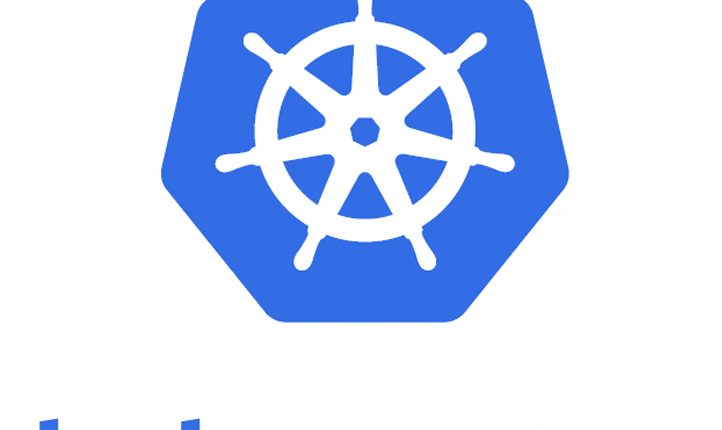
Managed Kubernetes Platforms Comparison: GKE vs AKS vs EKS
Kubernetes coordinates a highly available cluster of computers that are connected to work as a single unit. The abstractions in Kubernetes allow you to deploy containerized applications to a cluster without tying them specifically to individual machines.
The effort required to set up a single node cluster is different from running a customized multi-node/zone/multi-cloud HA cluster. When your enterprise is ready to scale up to more machines and higher availability in a short span, Managed Kubernetes platforms is the right choice to create and maintain enterprise clusters.
Here are some of the key advantages of going in for Managed Platforms:
- Automated Kubernetes version upgrades and patching
- Easy cluster scaling
- Self-healing hosted control plane (masters)
- Experts take care of ongoing operations management and support for the entire technology stack
- Manage and support the containers, cluster application services such as monitoring, logging, security, etc.,
- Multi-cloud portability
- Cost savings – pay only for running agent pool nodes
If you’re looking for quickstart on basic understanding of Kubernetes concepts, please refer earlier posts for understanding on Kubernetes & how to create, deploy & rollout updates to the cluster.
With this context now, let us check out a comparison of TOP 3 Managed Kubernetes Platforms.
Managed Kubernetes Platforms Comparison: GKE vs AKS vs EKS
| Google Kubernetes Engine (GKE) | Azure Kubernetes Service (AKS) | Amazon Elastic Container Service for Kubernetes (EKS) | |
| Kubernetes conformant | Yes | Yes | Yes |
| Kubernetes versions | 1.14 | 1.14 | 1.14 |
| Auto Upgrades of Master/Nodes to Kubernetes Versions | Both Automatic/Manual Upgrades are possible | Both Automatic/Manual Upgrades are possible | Not Clear |
| Auto Scale | Yes, Cluster autoscaler | Yes, Cluster autoscaler | Yes, Cluster autoscaler |
| Auto Repair | Yes | Not Available | Yes |
| Built-in dashboard | Yes | No | No |
| RBAC | Yes | Yes | Yes |
| Security & Compliance | HIPAA and PCI DSS 3.1 compliant. | SOC, ISO, and PCI DSS | Not Available |
| Private Container Registry | Yes | Yes, Azure Container Registry support | Yes, Docker registry |
| Multi – Region/Zone Deployment | Yes | Partial | Partial |
| Integrated Logging & Monitoring | Yes, Stackdriver | Yes, Azure Log Analytics+ Azure Monitor | Yes, AWS CloudTrail |
| Docker Image Support | Yes | Yes | Yes |
Like this post? Don’t forget to share it!
Additional Resources :
- What are the key Kubernetes metrics that you have to monitor ?
- Get smallest, fastest, fully-conformant MicroK8s Kubernetes
- How to back up and restore your Kubernetes cluster resources and persistent volumes?
- Implementing Policies in Kubernetes
- Kubernetes tutorial – Create simple cluster & Deploy app
- Kubernetes tutorial – Scale & perform updates to your app
- Kubernetes tutorial – Create deployments using YAML file




[…] Managed Kubernetes Platforms Comparison: GKE vs AKS vs EKS […]